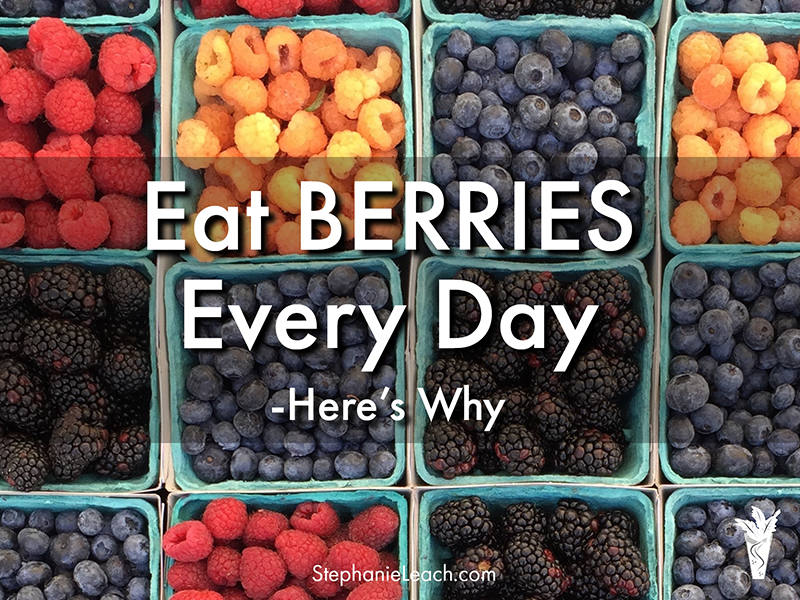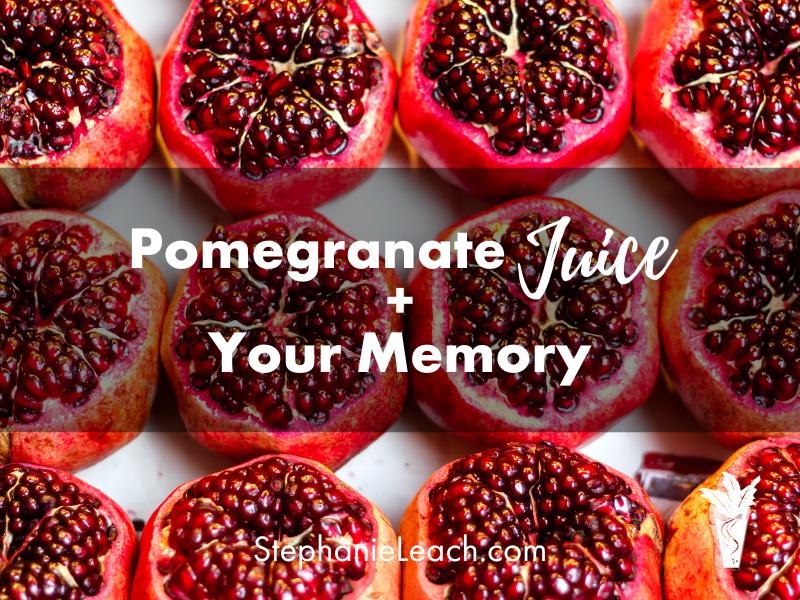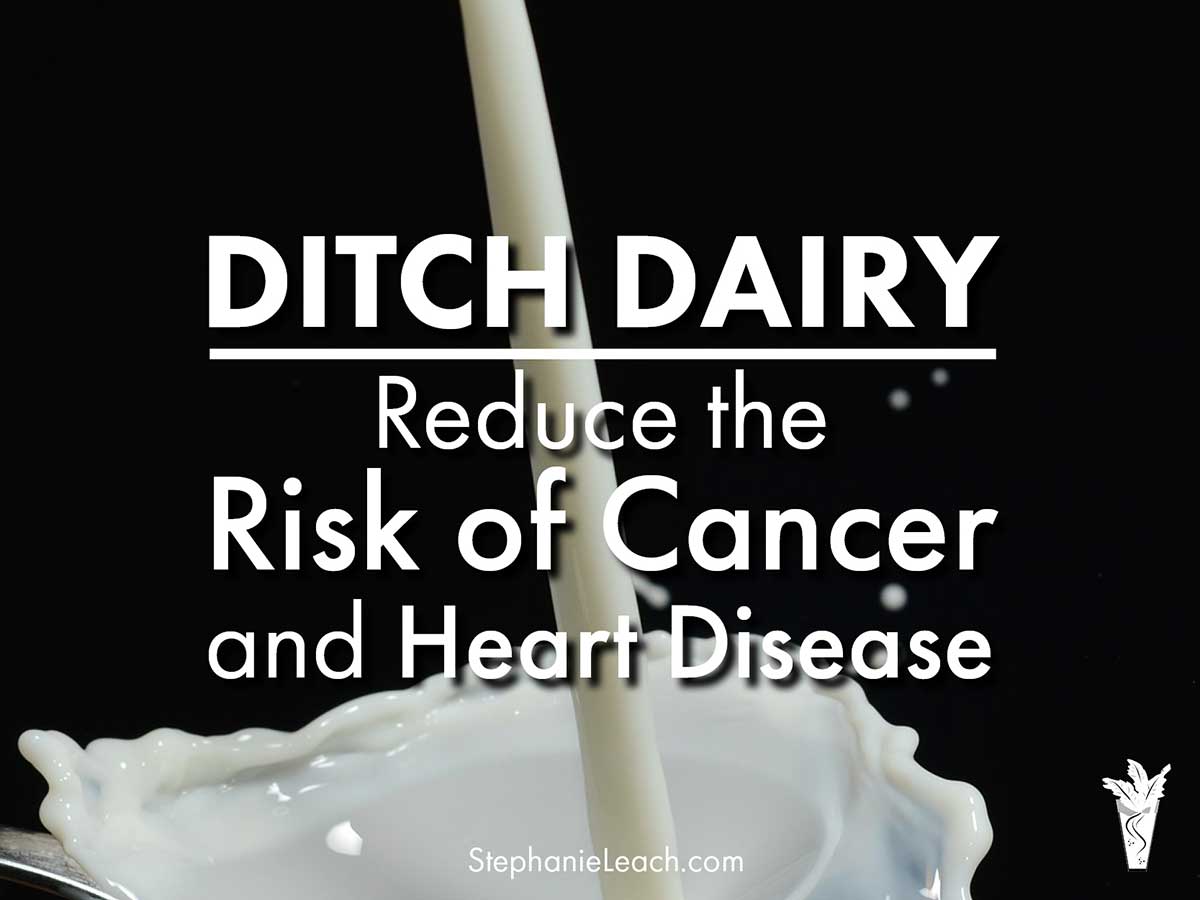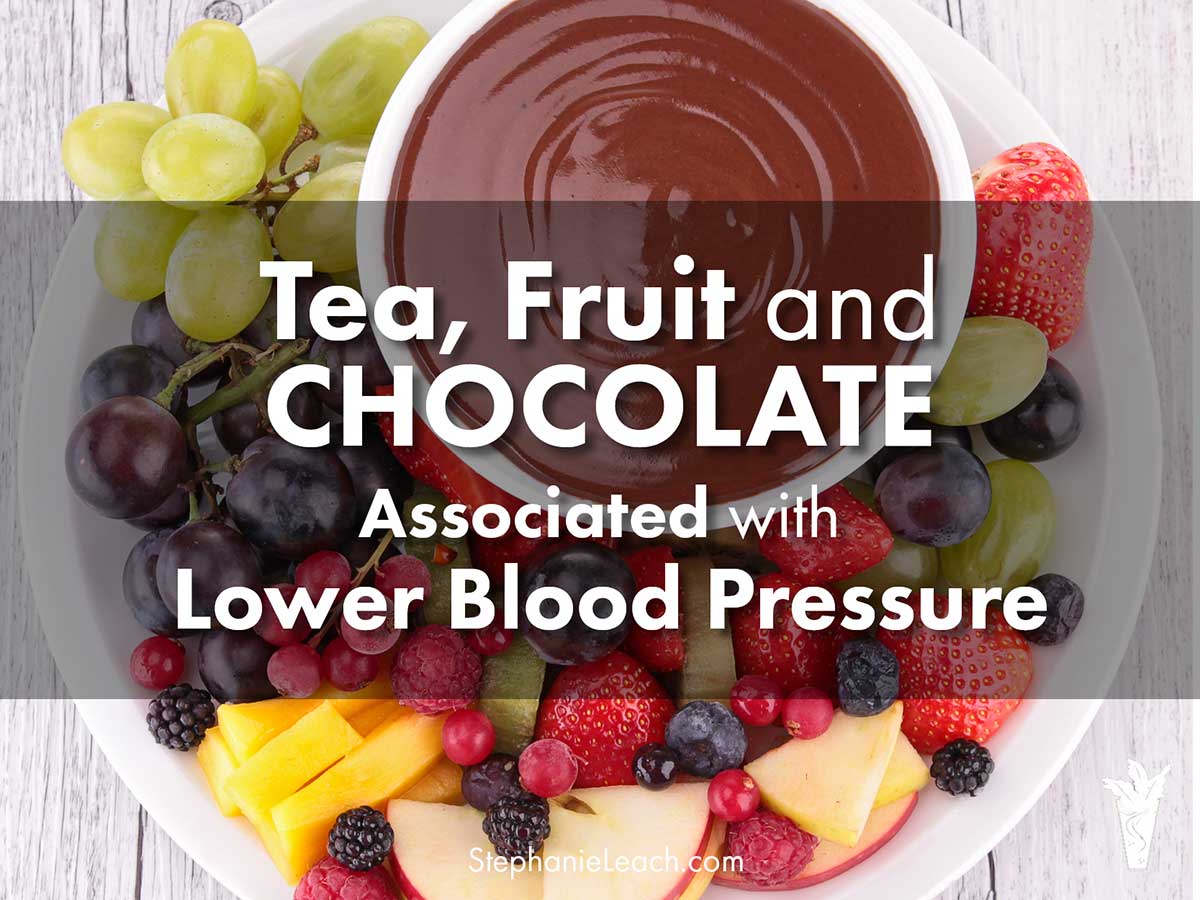Berries are superfoods. The rich and vibrant red and blue colors of blueberries, strawberries, raspberries, blackberries and other berries are due to an abundance of flavonoids with serious health benefits.
According to Dr. Joel Fuhrman, a serving of berries should be eaten every day. It’s the second B in the acronym G-BOMBS of the Nutritarian diet – the most important foods to eat daily. (G-BOMBS = Greens, Beans, Onions, Mushrooms, Berries, and Seeds/nuts.)
Here’s why berries are so important.
Berries Are Heart Healthy
Berries are high in anthocyanins, which are antioxidant flavonoids. In the Nurses’ Health Study II, where over 93,000 women were followed for 18 years, eating 3 or more servings of blueberries or strawberries was linked with a 34% reduced risk of heart attack compared to those with lower berry intake.
In other studies, berries are associated with lower C-reactive protein (CRP) which means less inflammation. Berries are also linked with nitric oxide production, which helps regulate blood pressure.
Reduced Cancer Risk
Berries are chemoprotective, protecting DNA from damage and cutting off the blood supply to cancerous growths. Berries also reduce the proliferation of cancerous cells and promote their death.
In a 2016 review of the available research on berries and cancer, the authors noted that “berries have been demonstrated to extend chemoprevention in cancer primarily of the GI tract as well as breast and to a lesser degree of liver, prostate, pancreas and lung.” They concluded that berries are a “plausible and potentially useful dietary strategy to reduce risk of cancer and help cancer patients with disease prognosis.”
Berries Protect Your Brain
We all want to live long healthy lives – with our full mental faculties. Fortunately, berries are neuroprotective.
In a 2014 review of the available research on berries and the brain, researchers dug into the studies to learn why berries are so good for memory and help reduce the risk of Alzheimer’s disease, Parkinson’s disease and dementia. Here are their conclusions.
“Oxidative stress and inflammation are major factors contributing to aging and the development of age-related neurodegenerative diseases. Numerous natural antioxidant/anti-inflammatory compounds found in plant food matrices, like fruits, especially berries (such as strawberry, bilberry, blackcurrant, blackberry, blueberry and mulberry) can offer neuroprotective effects . . . Furthermore, the berry fruit may exert their effects directly through alterations in cell signaling to improve/increase neuronal communication, calcium buffering, neuroprotective stress shock proteins, plasticity, antioxidant/anti-inflammatory action, stress signaling pathways and inhibition of acetylcholinesterase. . . Thus, nutritional interventions rich in phytochemicals (for example anthocyanins and caffeic acid) such as berry fruits may be a valuable asset in preventing against aging by reducing or delaying the development of age-related neurodegenerative diseases.”
Berries Help Regulate Blood Sugar
Berries are low in sugar and have some of the highest levels of antioxidants. The anthocyanins in berries slow down digestion and reduce blood sugar spikes.
In one study, enjoying a daily smoothie with blueberries for 6 weeks resulted in greater insulin sensitivity in obese and insulin-resistant adults compared to those consuming a placebo smoothie.
How to Get Your Daily Berries
With so many good reasons to consume delicious berries every day (1 serving = 1/2 cup,) here are some easy ways to add them to your diet.
Fresh Whole Berries – When in season, organic fresh berries can be affordable. Add them to oatmeal, muesli, plant-based yogurt, or mixed with other fresh fruit.
Fresh Berry Juice – Add delicious brain and heart healthy fresh berries to your raw juices. They’re low in sugar and add variety to your juice blends.
Frozen Berries – Fresh berries can be pricey, but organic frozen berries can be found year-round and are an excellent addition to smoothies. (I buy the large bags of organic frozen strawberries and blueberries at Costco.) You can also just thaw the berries and top them with some granola or hemp seeds, and eat them with a spoon.
NOTE: Do try to buy organic, especially when it comes to strawberries, as strawberries are #1 on the EWG’s Dirty Dozen list of produce most contaminated with pesticides and are often grown in soil injected with nerve gases. No, I’m not making this up. (Wish it wasn’t true!)
So how will you get those daily berries into your diet? Share it with me in the comments below.









Leave A Comment